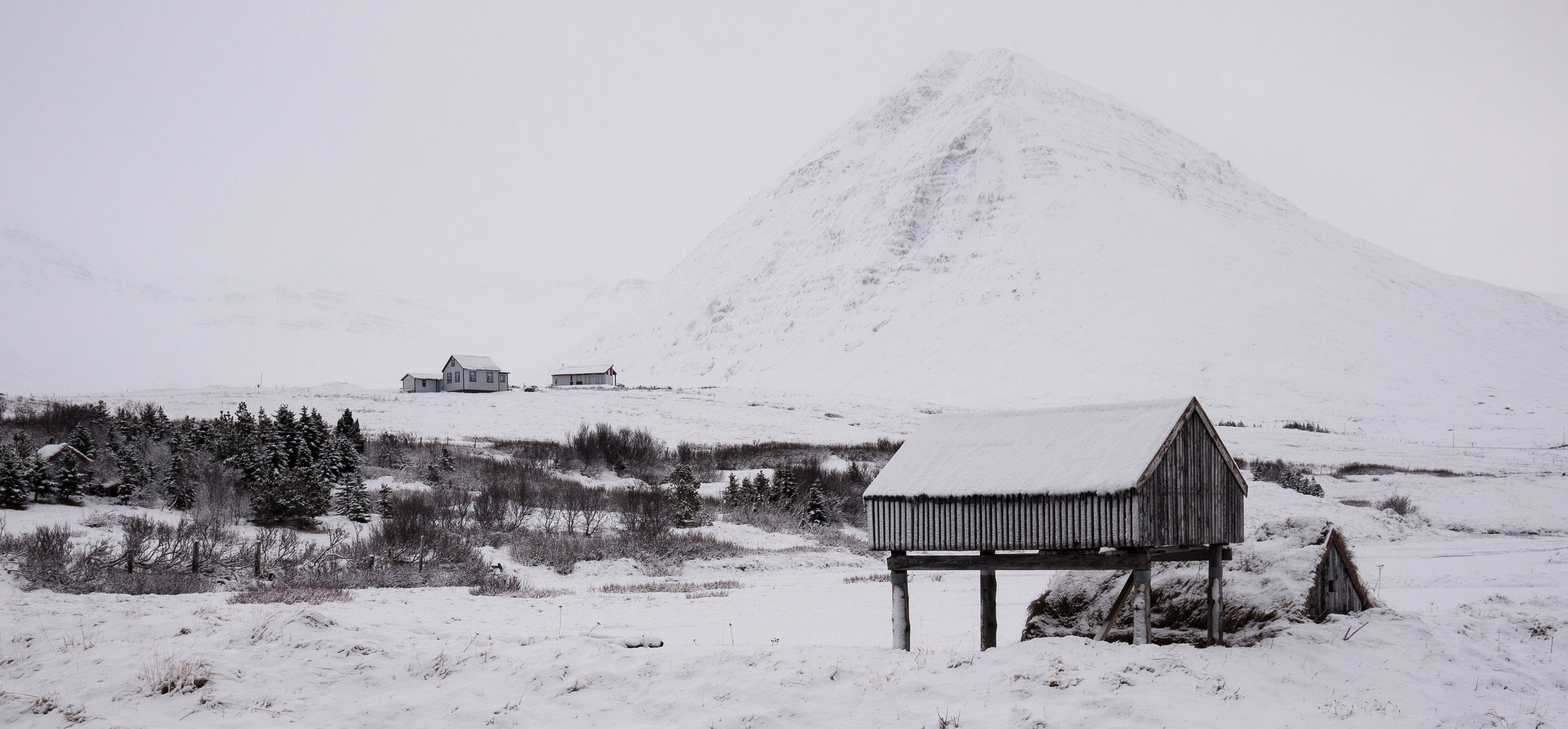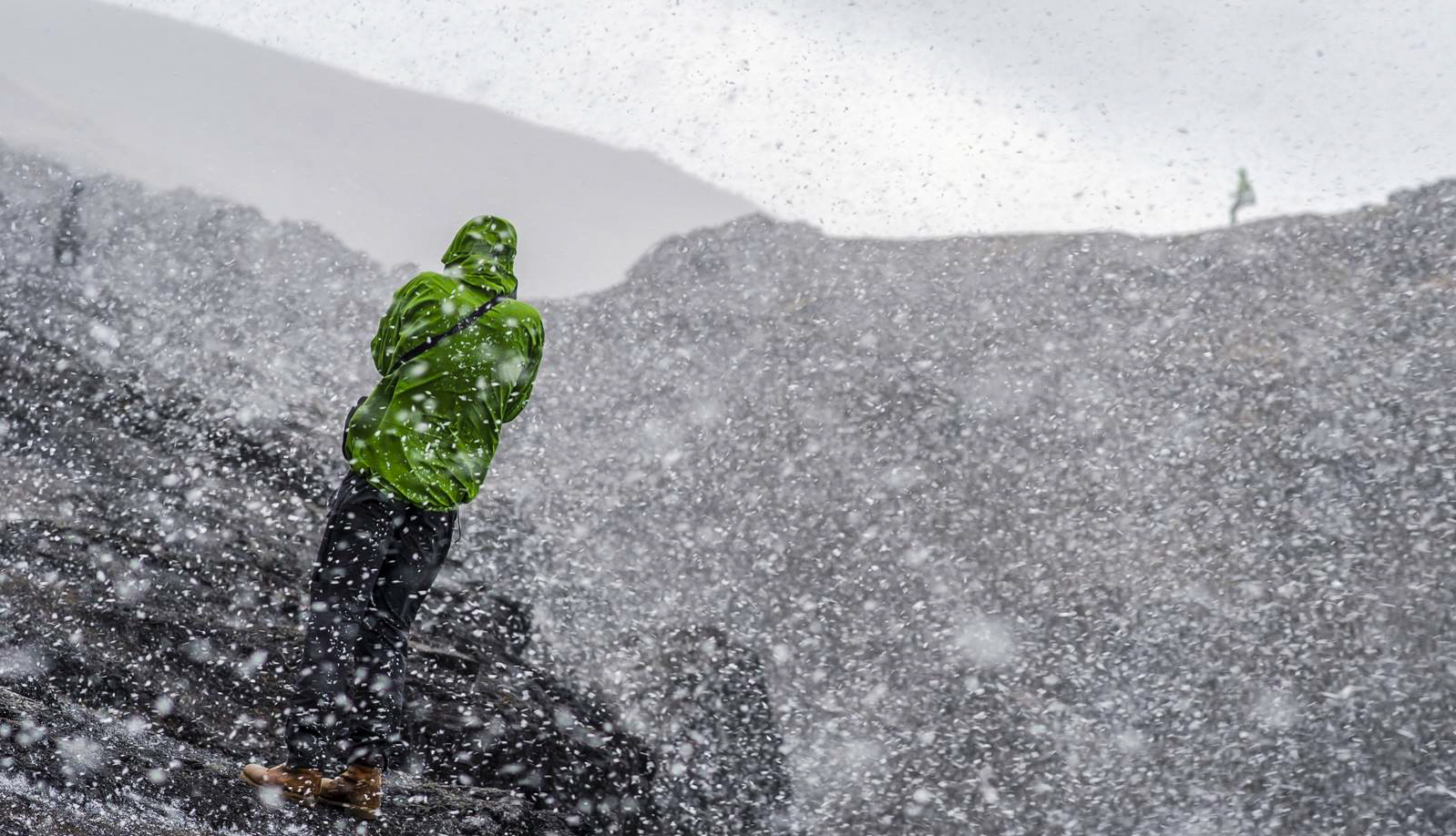Reimagining the Cold
Mindfulness is pure awareness, and the cold certainly makes us aware. A cold wind has a powerful tangible feel on the skin of our face and on our hands if we’re not wearing gloves. We can shudder and shiver even at the idea of being out unprepared in the cold.
Right now about ten to twelve centimetres of snow are visible less than two metres away through my window in the front garden of my home. This is Hamilton, just eleven miles south of Glasgow in the Central Lowlands of Scotland. Everything seems so pure and so bright. The sharp edges of urban life are rounded by the snow that has gathered round the plants, the rocks, the cars. There’s no distinguishing pavement from street, or my garden from the neighbour’s driveway. It’s all a spotless landscape of pristine stillness. I love its beauty.
But it has the power to kill. The BBC had a beautiful amateur video of a deer and three of its young walking through the main street of the Perthshire town of Dunkeld, famous for the nearby Birnam Wood, a pivotal place in Shakespeare’s Macbeth. The deer were not the usual tourists who visit that beautiful part of Scotland where lowland meets Highland. They were starving, unable to find food in the hills and forests because the snow had fallen so deeply it had covered everything edible.
We forget so easily that it’s not only people who suffer when the weather becomes extreme. I see a huge increase in the number of birds visiting our back garden, with its bird feeders and ground feed. All living things need food for energy and heat to stay alive. Not all survive. Nature can be the harshest teacher of all.
We love and fear the cold. We love and we fear the snow. How much we love these things and how much we fear them depends on our circumstances and our past experiences. If we are seasoned winter sports people and have all the right clothing and gear, snow and the cold are no problems. If we have personal physical or mental challenges we may not have confidence over how we might walk in snowy or icy conditions. In this way some of us may over time, or from an early age, fear the cold and snow rather than love it.
Is it possible to change these feelings? After all, for many people the fears are realistic. Every year people do fall and break bones, or worse, when they slip on icy pavements. Yet fear is such a debilitating emotion.
I was struck a year or so ago by something I watched on Facebook. I think it was from Holland but may be wrong. They had experimented with bringing a pre-school nursery into the same building as a care home for the elderly. Part of the experiment was to allow time when the young children would do their nursery education and games in the same large living space as the elderly men and women. According to the message, and the accompanying video clips, the elderly came alive rekindled by the joy of seeing children at play, and able to help them too.
Imagine a movement whereby people who fear the cold and snow could be helped to wrap up warm, and safely taken to places, where, from the warmth of indoors if they preferred, could watch children and families enjoy the beauties and pleasures of winter snow and icy. Skating, skiing, sledging, playing snowball fights. All the running, mayhem, laughter.
Is it possible that, through mindfulness, a depth of awareness of others’ fears and fragility, coupled with the desire from compassion to help reignite a love of winter, our northern countries and its myriad communities could collaborate in sharing new ideas to reclaim the winter outdoors and its beauties and joys, for all of us, not just for the hardiest and youngest? I’m certain it’s possible. It may already be happening in many places. If so, please tell us about it so we can inspire other places to do the same or create something else that brings joy and laughter to more of our people in this season of snow and ice and cold.
Martin Stepek is a member of the JONAA team in Scotland. A Scot with Polish heritage, a Mindfulness teacher, poet, published author, columnist on Mindfulness in the Sunday Herald and Chief Executive of the Scottish Family Business Association.













